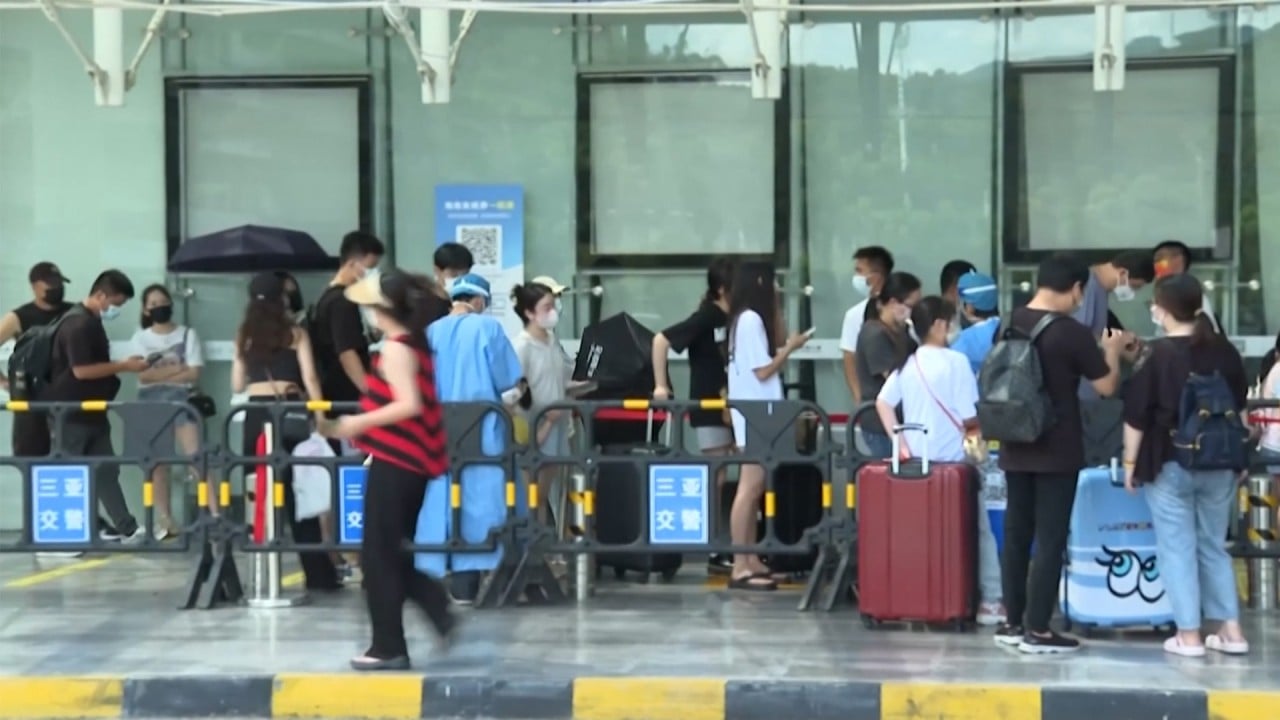From Friday, passport holders from 59 countries will be able to enter Hainan for business, family visits, medical treatment, exhibitions and sporting events – as well as tourism – for up to 30 days without a visa.
According to the National Immigration Administration (NIA), such travellers can land on the duty-free hub via any of the available ports but foreigners wanting to work long term or study there will still need a visa.
It follows an announcement in October that travellers from the 59 countries did not need a visa to visit the island with a travel agency, upon invitation by an entity or as individuals.
In addition to 27 European Union member states, the list includes Iceland, Norway, Russia, Switzerland, Ukraine and Britain as well as the United Arab Emirates and Qatar.
In Asia, the visa-free arrangements apply to South Korea, Japan, Singapore, Malaysia, Thailand, Kazakhstan, the Philippines, Indonesia and Brunei.
‘China’s Hawaii’ fails post-pandemic test with weak Labour Day retail sales
‘China’s Hawaii’ fails post-pandemic test with weak Labour Day retail sales
Australia and New Zealand are also on the list along with Argentina, Brazil, Canada, Chile, Mexico and the United States.
The NIA said the move “is a new effort to deepen reform and opening-up of the province, and contribute to the development of Hainan … as a free-trade port with Chinese characteristics”.
Its economic recovery has been driven by the revival of tourism, with more than 90 million tourists visiting the island last year, an increase of nearly 50 per cent year on year. Hainan’s tourism revenue also rose 72 per cent to 181.3 billion yuan (US$25 billion).
China aims to develop Hainan into the world’s biggest free-trade port, with an independent customs regime set up by the end of next year.
The tropical island is about the size of Taiwan and is seeking to attract investors, businesses and individuals with reduced taxes and relaxed visa regulations.
The country hopes to turn Hainan into a hub for offshore financing and duty-free shopping, bringing it on par with the likes of Hong Kong and Singapore.



